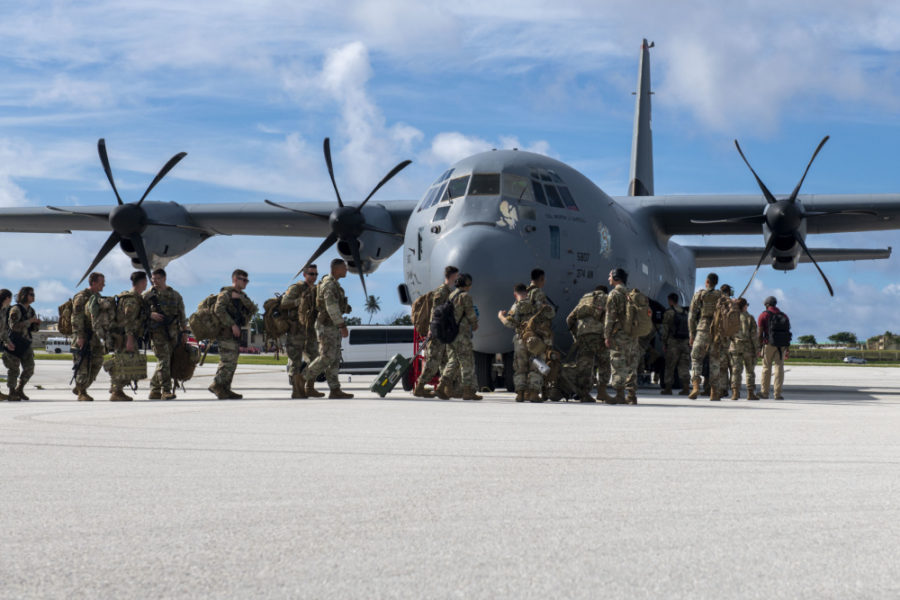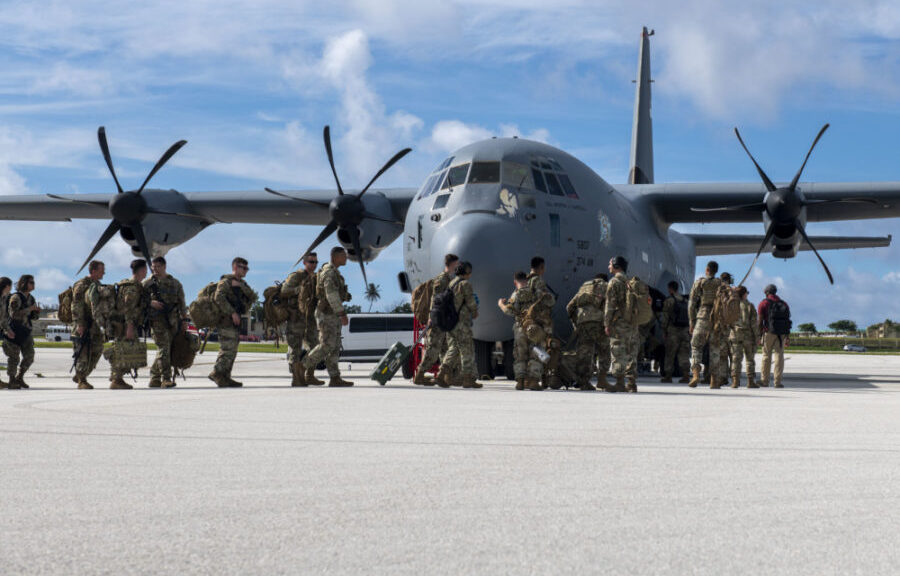
The United States Air Force has exceeded expectations in the number of enlistment waivers granted to recruits who initially tested positive for marijuana, according to a recent report by Military.com. The Air Force’s policy change, announced last year, allows it to provide waivers to candidates who test positive for THC metabolites during their initial drug screening. Recruits are then given a 90-day period before they are retested, offering them a second chance to join the service. This marks a significant shift from the previous policy, where candidates who tested positive were automatically disqualified.
In its first year of implementation, the Air Force granted a total of 165 waivers, more than triple the anticipated annual figure of 50. This policy applies not only to the Air Force but also to the newly formed Space Force. Within the first three months of its introduction, from September 30 to December 31 of the previous year, 43 applicants were granted a second chance.
The Air Force’s decision to implement the marijuana waiver policy coincided with a recruitment challenge, as it missed its recruitment goals for the first time since 1999. General Christopher Amrhein, the Air Force’s recruitment service commander, acknowledged the impact of the policy, stating, “Let’s make no mistake, drug usage has absolutely no place in our Air and Space Forces. But allowing a second test in the recruiting process is the right thing to do. For FY23, this policy change allowed us to bring in approximately 165 additional high-quality airmen.”
The number of waivers issued is expected to rise further as more states adopt lenient cannabis and THC derivative laws. However, not all recruits are eligible for these waivers; candidates must meet specific qualifications, pass qualification tests, have a clean criminal record, and meet enlistment standards.
The policy, initially a pilot program, will remain in effect until September 2024. Following that, the Air Force will evaluate whether to make it a permanent part of their recruitment strategy, aligning itself with other branches of the military, including the Army, Navy, and Marine Corps, which have also revised their cannabis policies in recent years.
This policy represents a significant development for the Air Force, as it previously implemented stringent rules against the use of even non-intoxicating CBD derived from hemp. While some military branches have adopted a more flexible approach to cannabis, concerns remain about its impact on active-duty military service members and the potential for THC to appear in CBD products, even in states where marijuana remains illegal.
As the cannabis landscape continues to evolve, military policies are adapting to address the changing legal and social landscape surrounding marijuana use. It remains to be seen how these policies will evolve in the years ahead, particularly as more research on cannabis’s impact on military readiness becomes available.
Read the whole article here.


